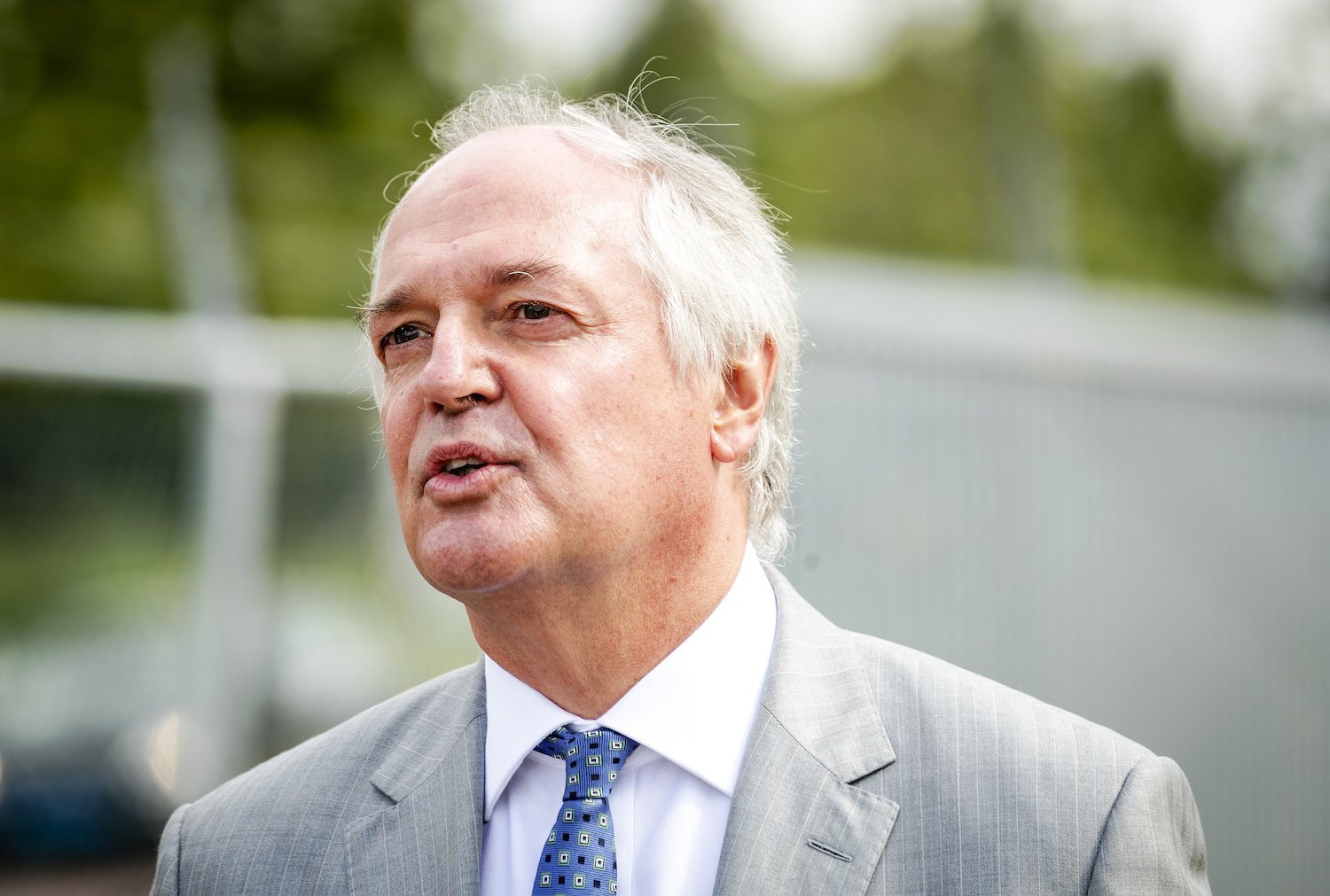A year before Paul Polman, the 62-year-old chief executive of consumer packaged goods giant Unilever announced his retirement last week, he fought an epic battle for the future of the company – and perhaps of capitalism.
Polman called his successful defense against the unsolicited $143 billion takeover offer for Unilever from Kraft Heinz Co. “a near-death experience.”
Kraft Heinz, backed by Brazilian private-equity firm 3G Capital (and Warren Buffett) has a simple strategy for businesses they acquire: “fire, sell, or eliminate anyone or anything that isn’t nailed down,” as Bloomberg BusinessWeek put it.
Without naming names, Polman last week said the battle was “a clash between people who think about billions of people in the world and some people that think about a few billionaires.”
Unilever’s “Sustainable Living Plan,” launched in 2010, sought to decouple the company’s growth from natural-resource consumption and drive social impact. It included initiatives such as drip irrigation projects to help soybean farmers save water and reduce pesticides, and ambitious carbon-reduction goals.
Inside Unilever’s epic experiment in corporate sustainability
In the aftermath of the Kraft Heinz bid, Polman faced pressure from shareholders and “had to make some practical compromises . . . which I frankly would not have done,” he said at a conference in New York this week.
That included a €5 billion ($5.7 billion) share buyback in April, a 12% increase in Unilever’s dividend and a doubling of cost cuts to €2 billion ($2.3 billion) by 2020. Shareholders objected again to Polman’s plan to move the company’s headquarters to the Netherlands, which has been scrapped.
Unilever, Sundial fund invests $30 million in female entrepreneurs of color
But the core of Polman’s vision of sustainable, stakeholder capitalism remains intact. Running Unilever for the benefit of consumers, customers and employees also benefits shareholders, he said in a farewell message.Polman has long argued that “sustainable living” represents not a tradeoff, but a source of business advantage – impact alpha, if you will – that compounds over time.
Since 2009, Unilever’s shares (up 150%) have outperformed the FTSE 100 index (up 70%).
Polman’s claim, says Guardian columnist Nils Pratley, “has been demonstrated in spades” by the share prices of the two companies since the takeover drama. The cost-cutting Kraft is down by 40%. Unilever, still shouting the virtues of sustainability and investment: up by almost 30%.











